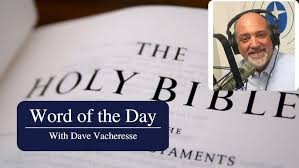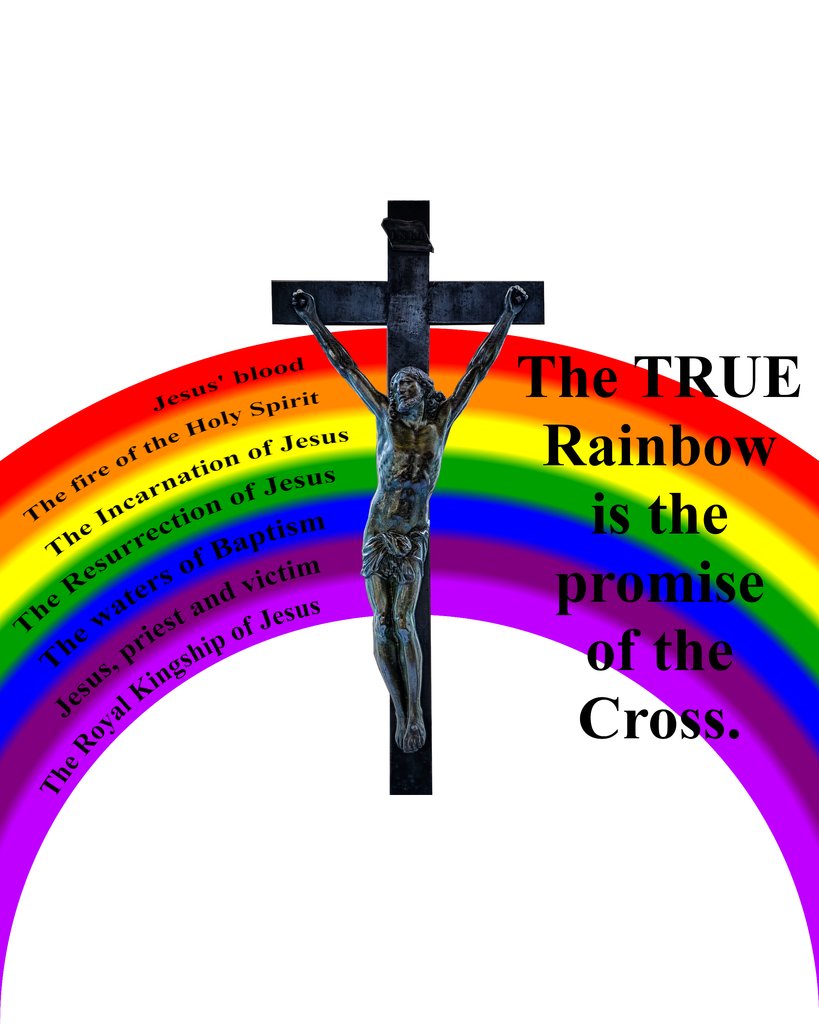Brideshead Revisited Revisited
If you were waiting for a remake of Evelyn Waugh’s masterpiece “Brideshead Revisited” without all that icky Catholic stuff, have I got a movie for you.
Hollywood is set to release a new theatrical version of Brideshead next month.
The trailer promises a new and improved Brideshead.
The ominous words set to violins on the trailer are, “She welcomed him into her home,” and “Into a world of privilege” and then “Into a life he never imagined.”
First published in 1945, Waugh wrote that the novel “deals with what is theologically termed ‘the operation of Grace’, that is to say, the unmerited and unilateral act of love by which God continually calls souls to Himself.”
The movie makes it appear as if it’s a thriller, of forbidden love in high society.
The trailer’s background music goes from screechy violins to synthesizers and the big angry drums as the plot of the new Brideshead is explained.
One man’s desire.
One man’s ambition.
One man’s passion.
One woman’s control.
One woman’s decision.
One woman’s power.
Hmmm. No God in there.
The new and improved (and seemingly Godless) Brideshead features Lady Marchmain (played by Emma Thompson) as not the saintly and suffering if somewhat manipulative wife and mother from the book but as…the evil villain akin to Glenn Close in Dangerous Liasons. We see her speaking to Charles threateningly, “I hope you didn’t let Julia mislead you. Her future is not a question of choice.”
Obviously, the movie portrays Lady Marchmain as separating the two lovers.
In the novel, things are a little different. Charles plans to divorce his own wife — who has been unfaithful — so he and Julia can marry. However, motivated by a return to the faith, Julia decides that she can no longer live in sin with Charles, and for that reason can no longer contemplate marriage to Charles.
One of the theatrical posters has these ominous words, “Privilege. Ambition. Desire. At Brideshead everything comes at a price.” Another slogan claims that “Love is not ours to control.”
Even in 1947, Waugh received interest in his novel from Hollywood. In the end, he said of Hollywood, “None of them see the theological implications.” The movie was not made. Waugh famously wrote that Hollywood is “[a] community whose morals are those of caged monkeys.”
Seems like Hollywood is a place where privilege, ambition and desire reign.







